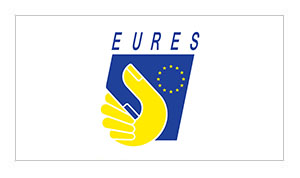Yesterday the GWU requested a meeting with MCESD to discuss the outcome of MEP’s report Alex Agius Saliba which provides for the right to disconnect or better known as. . Digitalisation has brought some benefits such as flexibility in working hours, teleworking, less traffic and reduced air pollution, however, this has also led to longer working hours and upset the balance between working and resting time as the worker remains accessible. This has a detrimental effect on workers’ mental health and leads to violations of basic workers’ rights such as fair pay, health and safety, and a reduction in benefits under collective agreements.
Furthermore, the pandemic has shown that the world of work can be different than it has been in the past, so it is imperative that this report be discussed as a way forward in how this right is implemented. It is important that this legislation comes into force as soon as possible and is strong enough to protect workers’ rights.
Points that the GWU largely agrees with in the report are that this right should apply to all workers who use digital tools, both public and private, a right to privacy, employers cannot require workers to read email and answer the phone after work hours, compensation for work done outside of work hours, employers must provide training and written information about the right to disconnect from work. Another very important point is that the report includes protection for workers who exercise this right from any victimisation or negative repercussions, as well as a mechanism for dealing with complaints or violations of the same right. Another very important point is that the details of national legislation must be agreed and coordinated between the social partners. This should give a greater dimension to the role of the social partners.
In view of all this, the GWU called for a meeting of the MCESD to discuss this right and how it will come into force to protect all workers.











